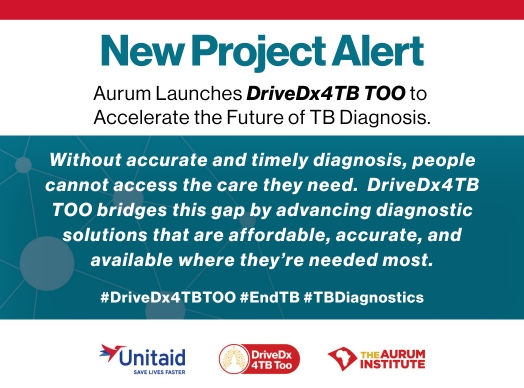As Sexual Transmitted Infections (STI) and Condom Week unfolds, it's imperative to reflect on the remarkable progress in HIV prevention over the years. Dr. Kathryn Mngadi, an esteemed figure with over 30 years of experience in HIV prevention, shares her insights and expertise on the evolution of prevention methods and the groundbreaking MATRIX project.
Q: How have existing prevention methods evolved, and what lessons can be learned from this development and implementation?
A: Over the years, we've seen a significant evolution in HIV prevention methods. From traditional approaches like abstinence, faithfulness, and condoms (ABC), we've moved towards more sophisticated strategies. Antiretroviral therapy (ART) has played a pivotal role in preventing HIV transmission, alongside the emergence of pre-exposure prophylaxis (PrEP) and long-acting injectables. Adapting to participants' needs and lifestyles has been crucial, leading to innovative strategies such as subcutaneous transfusions and combination therapies.
Q: What role do emerging technologies, such as MATRIX, play in the development of innovative prevention products for women?
A: The MATRIX project is significant in prioritizing women's preferences and needs in product development. We focus on safety, effectiveness, acceptability, affordability, scalability, and deliverability to ensure that our products resonate with end-users and stakeholders. By incorporating community and stakeholder feedback from the outset, we foster a collaborative approach to research and development, ultimately yielding interventions tailored to real-world settings.
Q: What is the primary objective of MATRIX 002 and 003, and how do they contribute to HIV prevention research?
A: MATRIX 002 and 003, conducted at Aurum sites, aim to assess the acceptability and safety of vaginal films and intravaginal rings (IVR). These trials involve community engagement to ascertain participant preferences and evaluate the feasibility of introducing active products. By involving communities in the research process, we ensure that our interventions align with their needs, thereby enhancing the effectiveness and accessibility of prevention methods.
Q: Are there new delivery systems or formulations being explored to enhance the effectiveness and accessibility of prevention methods?
A: We're exploring innovative aspects of the products being tested, such as the addition of a multidrug cassette to the IVR and variations in film design. These adaptations, informed by participant feedback, aim to improve adherence and efficacy once active drugs are incorporated. By prioritizing user preferences, MATRIX enhances the acceptability and impact of prevention technologies.
Q: How do you believe your research contributes to public health, particularly in the context of contraception?
A: I believe the broader public health implications of MATRIX research, particularly in the realm of contraception, are significant. MATRIX 003 sets the stage for future studies that will explore dual prevention strategies, including non-ART antivirals targeting HIV and HSV, alongside non-hormonal contraceptives. These interventions address the multifaceted needs of women, offering a comprehensive approach to STI prevention and contraception.
Dr. Mngadi's work underscores the importance of continuous innovation and community engagement in advancing HIV prevention efforts. Through projects like MATRIX, researchers are not only developing novel interventions but also ensuring that they resonate with the diverse needs of the communities they serve.
For more on her role in the MATRIX Study visit https://bit.ly/3sy2NrA














